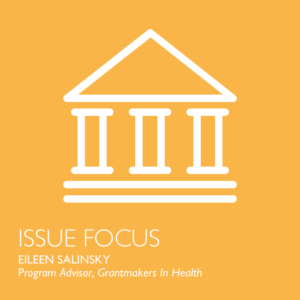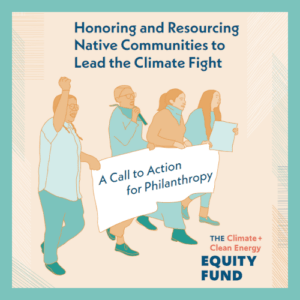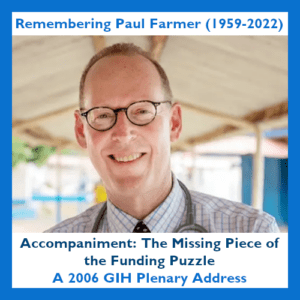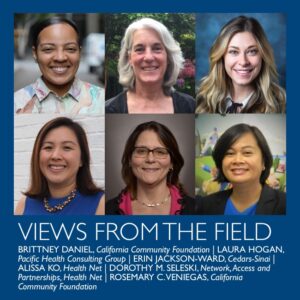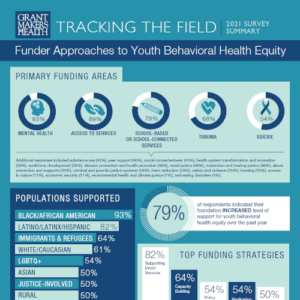Upcoming Events
Past Events
Latest Resources
Civic Engagement Is a Social Determinant of Health
What is the civic health of the communities you serve? Are community members equitably engaged in democratic processes and civic life? How might increased levels of civic engagement influence the distribution of public sector resources, population health outcomes, and health inequities? Is it possible to imagine transformative changes in community health absent a meaningful shift in community power and civic participation?
Perinatal Safe Zone: Supporting Women-led Birth Equity Work
We believe that creating a Perinatal Safe Zone will require multisector mobilization at the regional level. A mobilization at this level will require participation from hospitals, legislators, and state agencies, while centering Black and Brown led organizations and leaders working to achieve stable and affordable quality housing; welcoming, flexible, and equitable workspaces, with paid parental leave and universal child care services; a just food system; safe and walkable neighborhoods; a caring and supportive network of community members; and access to holistic and culturally congruent wellness practices.
Less Criminalization = Better Health + More Justice
Last year, New York State passed the most sweeping parole reform measure in the country. The Less Is More Community Supervision Revocation Reform Act has far-reaching implications for the health and liberty of tens of thousands of people every year, by making critical changes in how the state handles noncriminal violations of parole conditions.
Key Facts on Health and Health Care by Race and Ethnicity
The Kaiser Family Foundation has released an updated chart pack “Key Facts on Health and Health Care by Race and Ethnicity” which analyzes racial and ethnic health disparities across several measures, including health coverage, access to care, and health status.
Honoring and Resourcing Native Communities to Lead the Climate Fight
The Climate and Clean Energy Equity Fund recently released Honoring and Resourcing Native Communities to Lead the Climate Fight: A Call to Action for Philanthropy report and accompanying blog post. While Indigenous Peoples are on the frontlines of climate change, they face significant barriers to philanthropic support.
Accompaniment: The Missing Piece of the Funding Puzzle
We continue to be inspired by the plenary remarks Dr. Paul Farmer gave at Grantmakers In Health’s 2006 Annual Meeting on Health Philanthropy.
Homelessness and Health Equity: Health Funders’ Alignment and California’s Next Medicaid Waiver
California has a new plan under its recently-approved Medicaid waiver that builds on innovations implemented in recent state programs and is centered on health equity, especially for people experiencing homelessness.
Funder Approaches to Youth Behavioral Health Equity
Even before the pandemic, the mental health and well-being of adolescents and young adults was worrisome and worsening. COVID-19 has exacerbated these trends and heightened existing disparities. GIH surveyed its Funding Partners in October 2021 to better understand how health foundations are addressing youth behavioral health equity. The survey results are summarized in an infographic that provides a useful snapshot of primary funding areas, types of populations supported, and top funding strategies.
Blue Cross Blue Shield of Massachusetts Foundation: January 2022
Racism and Racial Inequities in Health: A Data-Informed Primer on Health Disparities in Massachusetts serves as a foundational resource to broaden the collective understanding of racial and ethnic health inequities and disparities. The primer is intended to support discussion about how our healthcare system and other systems that impact health enhance or undermine health, and to facilitate the development of solutions to strengthen those systems to serve all Massachusetts residents.
Connect With Funder Peers on Health Equity
Interested in exchanging strategies, information, and questions with your funder peers? Sign up for GIH E-Forums.
Strengthen your knowledge, skills, and capacity.
GIH focuses our programming around five areas that are critical to achieving better health for all.
We invite you to explore the resources available on our focus areas pages, browse content in more specific issue areas, and to connect with GIH staff to discuss how we can partner and support your work.

